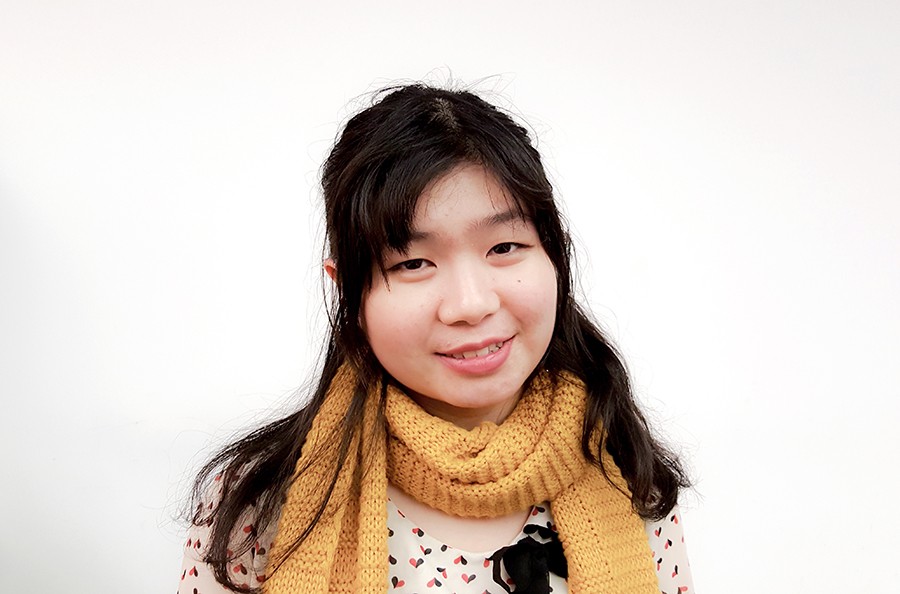Grad Students Fleeced by ALI
September 12, 2016
While NYU strives to expand its global reach by recruiting more international students and opening up branches in exotic cities, the school’s central administration is not necessarily kind to the violets-to-be who apply for graduate programs with its language proficiency policy. Unlike most universities in the U.S. who only use the Test of English as a Foreign Language, or TOEFL, to determine students’ language proficiency level, NYU also insists students take English courses at its own language exam center called American Language Institute, or ALI. NYU does accept TOEFL as an initial requirement, but it now asks students to take additional courses with ALI.
Individual schools like the Steinhardt School of Culture, Education, and Human Development, and Tisch School of the Arts and Tandon School of Engineering should have the autonomy to decide the admission status of their applicants, and their decisions should not be restricted by requirements arbitrarily imposed late into the process.Regardless of their TOEFL scores and the minimum requirement of TOEFL of the programs they are applying to, prospective NYU students still have to take an additional ALI exam composed of only speaking and writing tests.
As if the test format for ALI is not problematic enough, NYU changed the language proficiency policy during admission season for graduate programs this spring, without notifying those who have already accepted admission offers. This information is not readily available — students have to deal with an unnecessarily bureaucratic process to sort out their admissions status. Some of the applicants receive their admission letter from the school under the impression that there are no ALI prerequisites, but once they joyfully registered as NYU students, they find that they are trapped.
The admissions board of individual graduate programs and the applicants were also unaware of this change and how it would hinder admitted students from planning their course loads and careers. A group of violin performance majors from Steinhardt were forced to give up their spots in NYU Symphony due to schedule conflicts from the additional English courses they were told they had to take after registration. Their scholarships were also weighed down with the extra tuition they had to pay for taking these mandatory ALI courses.
Changing ALI policy during the admission process without giving notice to applicants and admissions officers is unfair to both. It affects an applicant’s right to make fully-informed graduate school choice. Schools should never have hidden costs or requirements. Policy changes, of course, are sometimes necessary. But the impact of these changes can be enormous. NYU should have planned a way to compensate students affected by the changes, instead of having them blindly deal with the consequences. The students should have the right to get what they were promised at admission.
Opinions expressed on the editorial pages are not necessarily those of WSN, and our publication of opinions is not an endorsement of them.
A version of this article appeared in the Monday, September 12 print edition. Email Phoebe Kuo at [email protected].

























































































































































